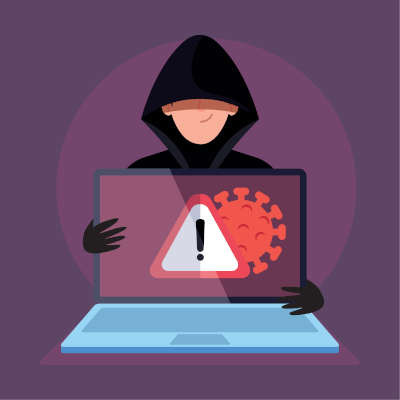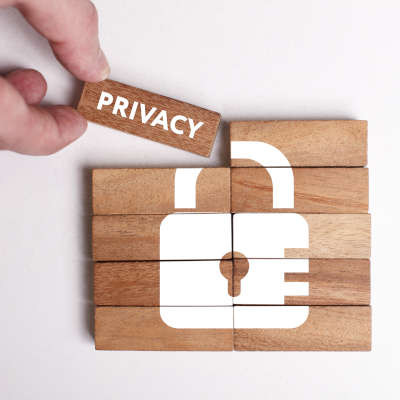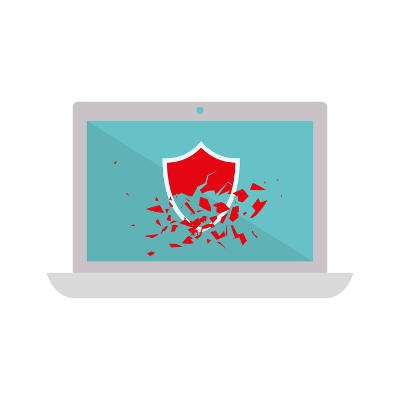JS Business Solutions Blog
The Internet was always envisioned to be a network capable of sharing information across the globe—hence, the term “world wide web.” However, many online services are currently at odds with governing bodies, many business tactics and decisions impacted or even prohibited as a result. Let’s examine some of these tactics, and how the Internet has been impacted.
I want you to step out of your role as a business owner for a moment and see yourself once again as the average consumer. How concerned are you that so many businesses have collected and are now storing your personal data, and that you have no control over its privacy? If you feel at all uneasy, you’re not alone… 87 percent of Americans feel that data privacy is a human right in these modern times.
Held from Sunday, January 5 to Friday, January 10, 2020, this year’s Consumer Electronics Show took place in Las Vegas, Nevada. This event is an annual opportunity for startups and major companies alike to showcase their newest consumer-focused products. However, this year’s show has many security experts expressing sincere and legitimate concerns.
As the data that you store on your business’ computers is valuable, it is inherently a desirable target to cybercriminals and scammers alike. This means that it is in your best interest to have comprehensive protections in place to protect this data from their activities. Let’s go over exactly what a firewall is, and how they make up a critical portion of your business’ defenses.
Most of us have a love-hate relationship with social media. A particularly controversial platform we discuss quite a bit on our blog is Facebook. Privacy is a monumental concern in the digital age, so today we thought we would go over settings you might not even realize are enabled on your Facebook profile.
If you haven’t read part one of our Facebook privacy blog, it wouldn’t hurt for you to go back and read that one first. Today, we will be building off of that blog, teaching people how to properly configure their accounts to give them the best chance to lock down their private information.
Of course, Facebook, being one of the predominant web-based services in the world, has a checkered history when it pertains to individual’s privacy. In fact, I think a fair share of its ongoing troubles when it comes to individual privacy have a lot to do with their overwhelming success.
Would you consider Facebook to be popular? It’s an interesting question. It’s like asking people if they think McDonalds is popular. These days Facebook is used by one in every four people in the world, yet there are very few people that will actively come to the social media giant’s defense, let alone admit to spending nearly half of their time online on the site (either via an Internet browser or via an app).
When over 16 million people are scammed out of over $16 billion, there’s likely some type of problem that needs to be addressed. Famous con artist, Frank Abagnale, the man immortalized in Steven Spielberg’s Catch Me If You Can, a movie that was based off his own memoir, has been working as a security consultant with the Federal Bureau of Investigation for over 45 years. In that time, he has become an expert in cybersecurity and fraud prevention.
Data Privacy is a huge topic these days. We often talk about data security when it comes to protecting your organization’s information, but we often don’t go into a lot of depth when it comes to protecting an individual’s information. It’s important to understand how personal information moves around, so you know what you are up against when it comes to protecting your privacy online. This post is going to be a bit of a deep rabbit hole, but I really want to shine some light on the subject for my readers.
In the dog days of summer, the news media started running a story about how Google’s location tracking services continue to track people even after they order their mobile device’s OS to quit it. A researcher from Princeton proved these claims by traveling through New York and into New Jersey after turning location services off on for hi Android smartphones, only to be tracked through all the Interstate travel. We’ll take an in-depth look at why Google seemingly knows exactly where you are if you want them to or not.
The past few years certainly haven’t been very good for Facebook. After going public in 2012, Facebook acquired several organizations and applications to make waves in the market. The company is now responsible for a considerable amount of data, which has led to several data breaches, exacerbating the media and creating skepticism toward the social media giant.
As technology advances and improves at an exponential rate, it is little wonder that today’s youth are growing up with a closer relationship to technology than any other generation before them. While this has opened up many beneficial opportunities for them, it can also be the source of many serious issues without the proper supervision.
As with all innovative technology, there is only a certain amount of time you’ll have until someone inevitably finds ways to exploit it. One such exploitation of a common technology that has flown under the radar and avoided widespread knowledge by users is VoIP fraud. VoIP fraud is no different than other cybercrime - the exploitation of a network or data to procure ill-gotten gains.
We are never shy about insisting that certain standards are met when devising passwords, but many major companies are seemingly far less worried about password security than we are. A recent study conducted by the password manager developer Dashlane paints a troubling picture of the state of password security, providing anecdotal evidence in the form of some very well-known and trusted companies scoring at the low end of the password security spectrum.
When it comes to hacking and cybercrime, it can literally be a few seconds that will ruin your business. One single chink in your network’s armor is all it takes for your data to be compromised. Modern SMBs need to take every opportunity to ensure they’re using best practices to help keep their network safe and secure. Here’s a look at four network security bad habits that you and your team can fix today.
Too often, the desire to share an exciting travel destination with the world overrides any security or safety concerns one might have. Even people who are traveling for business will use social media to document their trip as a method of promoting their attendance at the event over social media. This includes photographing and sharing proprietary documents, like boarding passes and passports.
Smart technologies are becoming more and more prevalent in everyday life. As such, it may not be a bad idea to prepare today’s children for their technology-filled tomorrow. However, as Mattel discovered with their kid-targeted smarthome hub, Aristotle, it is important to make sure that these devices are secure enough to ensure the safety of their youthful users.
Did you know that a surprising number of data breaches are the result of insider threats? Insider threats are defined as data exposure, either malicious by nature or unintentional, that results from the actions of an employee in your workforce. With so many threats out there, it’s easy to forget that some of the most dangerous are right within your walls. How can you keep insider threats from becoming a major problem for your organization?






















